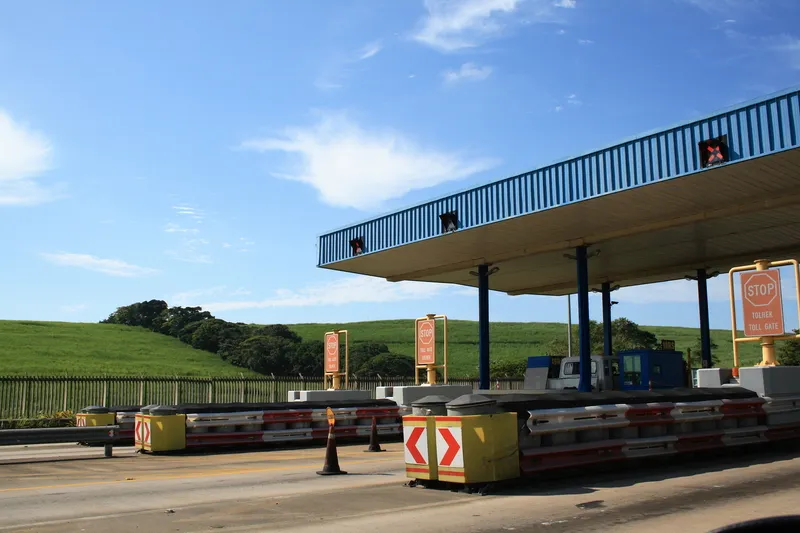This month saw the start of e-tolling on the Gauteng Freeway Improvement Project (GFIP) in South Africa, one of the largest electronic toll collection systems for open road tolling in the world, following an announcement by the country’s Minister of Transport, Dipuo Peters, in November. Kapsch TrafficCom reports that the number of active accounts has been consistently rising following the commencement of the e-toll project in Gauteng, on 3 December. Kapsch anticipates that this trend will continue.
Kapsc
December 13, 2013
Read time: 2 mins
This month saw the start of e-tolling on the Gauteng Freeway Improvement Project (GFIP) in South Africa, one of the largest electronic toll collection systems for open road tolling in the world, following an announcement by the country’s Minister of Transport, Dipuo Peters, in November. 4984 Kapsch TrafficCom reports that the number of active accounts has been consistently rising following the commencement of the e-toll project in Gauteng, on 3 December. Kapsch anticipates that this trend will continue.
Kapsch had completed the construction of the system, and was ready for its commencement at the time that the start date was announced. Says Georg Kapsch, global CEO of Kapsch, the technology infrastructure providers, “The delay in announcing the start date of e-tolls in South Africa restricted us from operating the service we were contracted to do within the timeline we anticipated. Nevertheless, we had been operating the system in a soft tolling environment awaiting a formal toll commencement date announcement”.
“As an organisation, we are glad to be able to roll out our service offering as we do in many countries around the world. We are looking forward to demonstrating what our strength in delivery is.”
Kapsch had completed the construction of the system, and was ready for its commencement at the time that the start date was announced. Says Georg Kapsch, global CEO of Kapsch, the technology infrastructure providers, “The delay in announcing the start date of e-tolls in South Africa restricted us from operating the service we were contracted to do within the timeline we anticipated. Nevertheless, we had been operating the system in a soft tolling environment awaiting a formal toll commencement date announcement”.
“As an organisation, we are glad to be able to roll out our service offering as we do in many countries around the world. We are looking forward to demonstrating what our strength in delivery is.”










